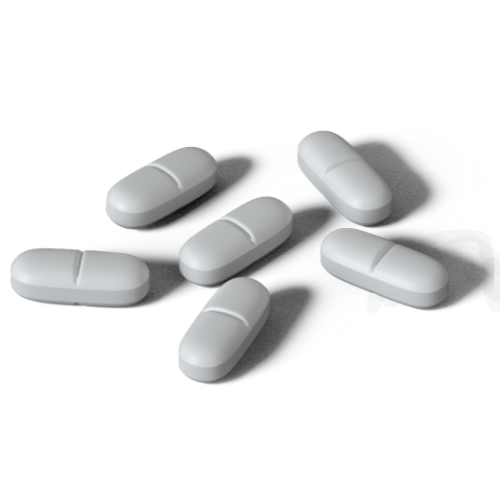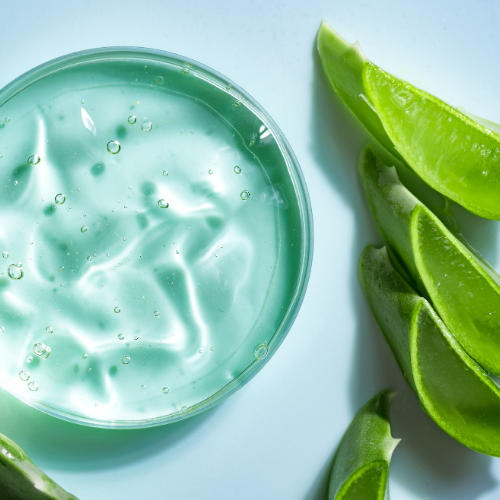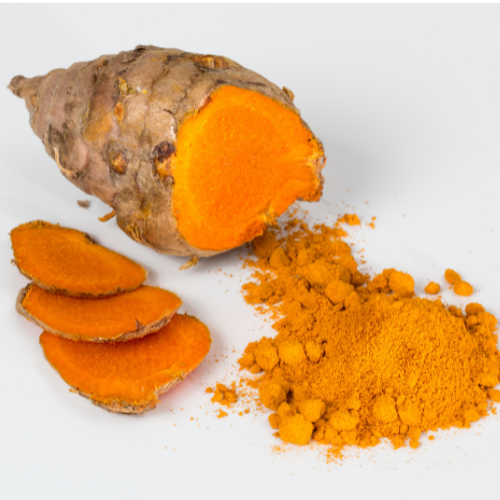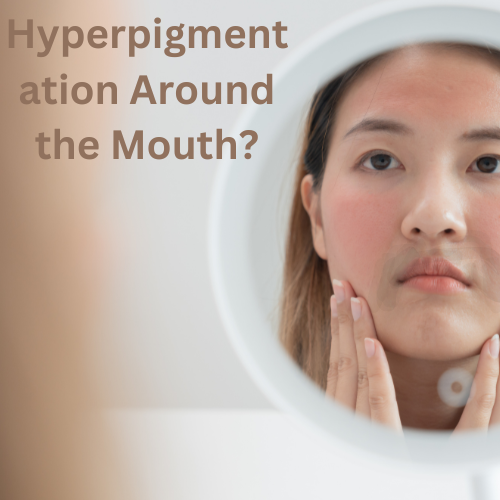Understanding Hyperpigmentation Around Mouth
Ever noticed darker patches of skin around your mouth? You’re not alone. This condition, known as hyperpigmentation around mouth, is a common skin concern that affects many people, regardless of skin type or color. But fret not! Understanding what causes it and how to manage it can make a huge difference.
Table of Contents
- Understanding Hyperpigmentation Around the Mouth
- Hyperpigmentation?
- Causes of Hyperpigmentation Around the Mouth
- Prevention Tips
- Treatment Options
- Home Remedies
- Lifestyle Changes
- When to See a Dermatologist
- Conclusion
- FAQs
Hyperpigmentation?
At its core, hyperpigmentation is the skin’s response to various factors, leading to an overproduction of melanin, the pigment that gives our skin its color. The result? Darkened areas that stand out against your natural skin tone.
Causes of Hyperpigmentation Around Mouth
Let’s dive into the nitty-gritty. Why does hyperpigmentation around mouth happen? Usually, there are a few guilty parties.
1.Hormonal Changes
Fluctuations in hormone levels, such as those experienced during pregnancy, menopause, or while taking hormonal medications, can trigger melanin production, leading to hyperpigmentation around mouth. This phenomenon, known as melasma or the “mask of pregnancy,” commonly affects the face, including the area around the mouth.

2. Sun Exposure
Excessive exposure to ultraviolet (UV) radiation from the sun stimulates melanocytes, the cells responsible for producing melanin, resulting in an increase in hyperpigmentation around mouth. Sun-induced hyperpigmentation, also known as sunspots or solar lentigines, often appears on sun-exposed areas like the face, hands, and arms.

3. Inflammatory Skin Conditions
Inflammatory skin conditions, such as acne, eczema, and psoriasis, can cause post-inflammatory hyperpigmentation (PIH). Inflammation triggers melanocytes to produce more melanin, leading to dark spots or patches in areas previously affected by skin inflammation or injury.
4. Medications and Chemicals
Certain medications, such as oral contraceptives, hormone replacement therapies, and chemotherapy drugs, can induce hyperpigmentation around mouth as a side effect. Additionally, exposure to certain chemicals, such as those found in cosmetics or hair dyes, can irritate the skin and contribute to pigmentation irregularities.

5.Genetic Predisposition
Genetic factors can influence an individual’s susceptibility to hyperpigmentation around mouth. Some people may inherit genes that make them more prone to developing pigmentation disorders like melasma or freckles
Prevention Tips
Prevention is better than cure, right? Here’s how you can keep hyperpigmentation at bay.
1. Sun Protection
Sun exposure is a significant contributor to hyperpigmentation around mouth and other areas of the skin. To protect against this, it’s essential to apply sunscreen with a high sun protection factor (SPF) to the face, including the area around the mouth, every day, even on cloudy days or during winter months.
Additionally, wearing protective clothing such as wide-brimmed hats and sunglasses can further minimize sun damage. Consistent sun protection not only helps prevent hyperpigmentation but also reduces the risk of other sun-related skin issues, such as premature aging and skin cancer.
2. Gentle Skincare
Harsh products can irritate the skin, leading to inflammation and, you guessed it, more hyperpigmentation around mouth. Harsh or abrasive skincare products can strip the skin of its natural oils, disrupt its barrier function, and lead to inflammation, which may exacerbate hyperpigmentation. Instead, opt for gentle cleansers, moisturizers, and exfoliants formulated specifically for sensitive or compromised skin.
Look for products free of harsh chemicals, fragrances, and alcohol, as these can further irritate the skin. Gentle skincare practices also include avoiding over-exfoliation and being mindful of how you treat your skin, such as avoiding excessive rubbing or scrubbing. By adopting a gentle skincare routine, you can help soothe and protect the skin, reducing the risk of hyperpigmentation and promoting overall skin health.
Treatment Options
When prevention isn’t enough, treatment steps in. Here’s what you can do to fade those dark spots.
1. Topical Treatments
Topical treatments are skincare products applied directly to the skin to target hyperpigmentation around mouth. They contain active ingredients like hydroquinone, kojic acid, and vitamin C to lighten dark spots and even out skin tone. These therapies function by encouraging cell turnover and preventing the synthesis of melanin. They come in various forms such as creams, serums, and gels, and should be used consistently for optimal results. While some are available over-the-counter, stronger formulations may require a prescription. you can get best kojic acid serum and other products from here.
2. Professional Treatments
Professional treatments are procedures performed by skincare professionals to address hyperpigmentation. These treatments, like chemical peels and laser therapy, target deeper layers of the skin for quicker results. While effective, they may require multiple sessions and carry potential risks. Consulting with a dermatologist is crucial to determine the best treatment plan based on individual skin concerns and goals.
Home Remedies
Home remedies offer a natural approach to managing hyperpigmentation around mouth without the need for professional intervention. These DIY solutions often utilize common household ingredients to lighten dark spots and promote an even skin tone.
1. Lemon Juice
Lemon juice is a popular home remedy for hyperpigmentation due to its natural bleaching properties. The citric acid in lemon juice helps to lighten dark spots and promote skin exfoliation. Simply apply freshly squeezed lemon juice to the affected areas using a cotton ball and leave it on for about 10-15 minutes before rinsing off with water.

2. Aloe Vera Gel
Aloe vera gel is known for its soothing and healing properties, making it an excellent option for treating hyperpigmentation. Apply a thin layer of pure aloe vera gel directly to the dark spots and leave it on overnight. Aloe vera helps to reduce inflammation, promote cell regeneration, and fade pigmentation over time. For added benefits, consider using fresh aloe vera gel extracted from the plant itself.

3. Turmeric Masks
Turmeric is a spice renowned for its anti-inflammatory and antioxidant properties, making it a popular ingredient in homemade face masks for hyperpigmentation around mouth. Mix turmeric powder with a small amount of honey or yogurt to form a paste. Apply the mixture to the affected areas and leave it on for 15-20 minutes before rinsing off with lukewarm water. Turmeric helps to brighten the skin and reduce the appearance of dark spots with regular use.

4. Apple Cider Vinegar
Apple cider vinegar contains acetic acid, which has been shown to lighten hyperpigmentation and improve skin texture. Dilute apple cider vinegar with equal parts water and apply it to the dark spots using a cotton ball. After a few minutes, leave it on and rinse with water.. Be sure to perform a patch test first, as apple cider vinegar may cause irritation in some individuals.
5. Green Tea Extract
Green tea is rich in antioxidants known as catechins, which can help to reduce hyperpigmentation and protect the skin from further damage. Make a cup of green tea and let it settle fully. Using a cotton ball or a spray bottle, apply the cooled tea to the affected regions of the skin. After leaving it on for 10 to 15 minutes, rinse it off with water. Green tea extract can be used daily as part of your skincare routine for best results.
Lifestyle Changes
Optimal skin health requires more than skincare products alone. Lifestyle choices play a crucial role in promoting radiant skin and preventing hyperpigmentation.
1. Balanced Diet
Eating a diet rich in antioxidants, vitamins, and minerals supports skin health from within, contributing to a vibrant complexion and reducing the risk of hyperpigmentation.
2. Hydration
Drinking plenty of water keeps the skin hydrated, plump, and nourished, minimizing the chances of dullness and promoting an even skin tone. It will prevent from hyperpigmentation around mouth.
3. Adequate Sleep
Quality sleep allows the skin to regenerate and repair, aiding in the prevention of hyperpigmentation and promoting overall skin health.
4. Avoiding Harmful Habits:
Steering clear of detrimental habits like smoking and excessive alcohol consumption helps maintain skin integrity and reduces the likelihood of uneven pigmentation.
5. Stress Management:
Practicing stress-relief techniques such as mindfulness and meditation supports skin health by reducing inflammation and minimizing the risk of hyperpigmentation.
When to See a Dermatologist
If you’ve tried it all and those dark patches are still hanging around, it might be time to see a dermatologist. They can provide specific guidance and solutions for treatment. Additionally, if hyperpigmentation around mouth is accompanied by other concerning symptoms like pain, itching, or changes in size or shape, it’s advisable to seek professional evaluation.
A dermatologist can provide personalized advice, perform diagnostic tests if necessary, and recommend appropriate treatment options tailored to individual needs. Early intervention can help prevent worsening of hyperpigmentation and ensure optimal outcomes.
Conclusion
Hyperpigmentation around mouth is a common skin concern that can be effectively managed with the right approach. Prevention through daily sun protection, gentle skincare, and lifestyle adjustments is key. For those already experiencing hyperpigmentation, various treatments, from topical creams to professional procedures, offer promising results. Consulting with a dermatologist for personalized advice is crucial. Ultimately, embracing a holistic approach to skin health, including prevention, treatment, and lifestyle changes, can lead to clearer, more even skin..
FAQs
- Is hyperpigmentation around mouth permanent?
Not necessarily. Hyperpigmentation around mouth can be stubborn, but it’s often treatable. The duration it takes to fade depends on various factors, including the cause, severity, and treatment method chosen. Consistent use of topical treatments and professional procedures can significantly reduce or even eliminate hyperpigmentation over time. However, patience is key, as these treatments usually take several weeks or months to show visible results. - Can dietary changes help with hyperpigmentation?
While topical treatments and professional procedures directly target hyperpigmentation, dietary changes can support skin health from the inside out. A diet rich in antioxidants, vitamins, and minerals can help protect the skin from damage and support the healing process. Foods high in vitamin C, vitamin E, and other antioxidants are particularly beneficial as they can help to inhibit melanin production and enhance skin repair. Incorporating plenty of fruits, vegetables, whole grains, and lean proteins into your diet can contribute to overall skin health and may help in managing hyperpigmentation. - How long do treatments require to become visible?
The time frame for seeing results from hyperpigmentation treatments varies widely depending on the treatment method. Topical treatments like creams and serums may take anywhere from a few weeks to several months to show improvement. Professional treatments such as chemical peels, laser therapy, and microdermabrasion may offer quicker results, often within a few sessions, but they may require a series of treatments for optimal outcomes. Consistency and following your skincare professional’s advice are crucial for achieving the best results. - Are there any side effects to hyperpigmentation treatments?
Yes, like all treatments, those for hyperpigmentation can have side effects, though they vary depending on the type of treatment. Topical treatments may cause skin irritation, redness, or dryness, especially in sensitive individuals. Professional treatments might lead to more pronounced side effects, including redness, peeling, sensitivity to sunlight, and, in rare cases, worsening of pigmentation or scarring. It’s important to discuss potential side effects with a dermatologist before starting any new treatment. - Can men also get hyperpigmentation around the mouth?
Absolutely. Hyperpigmentation does not discriminate by gender; it can affect anyone. Men can experience hyperpigmentation around mouth due to the same factors that affect women, such as sun exposure, hormonal changes, skin injuries, and certain medications. The approach to treatment and prevention is similar for both men and women, emphasizing the importance of sun protection, proper skin care, and considering professional treatments when necessary.


1 thought on ““Beating Hyperpigmentation Around Mouth: The Ultimate guide””